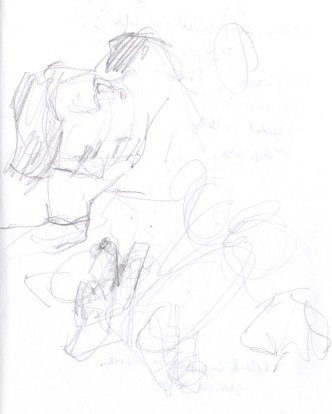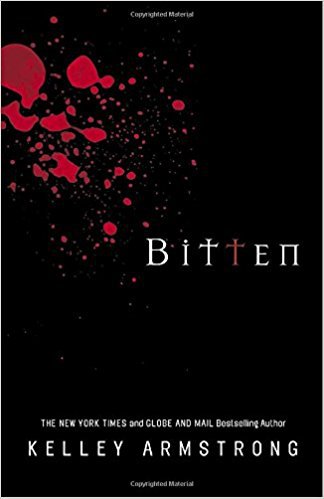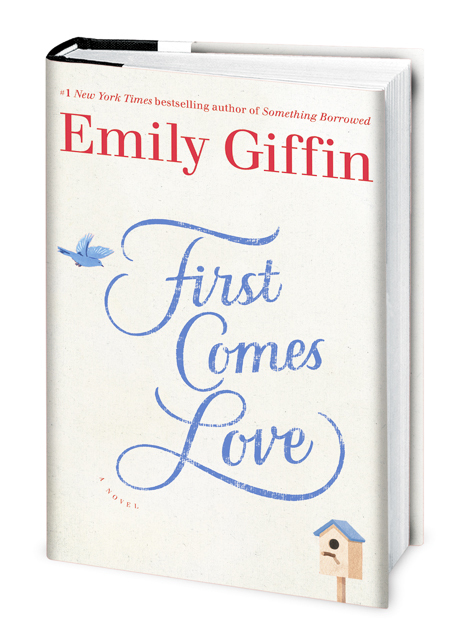On Sunday night, Three Billboards Outside Ebbing, Missouri won 4 Golden Globes (Frances McDormand for Best Dramatic Actress, Sam Rockwell for Best Supporting Actor, Martin McDonagh for Best Screenplay, and the film itself for Best Dramatic Film). Twitter, unsurprisingly, went into a meltdown. Much of the consternation centered on Rockwell’s character, Dixon: A cop who shows signs of homophobia, police brutality, and racism, later receiving a redemptive arc.
I’m going to put my cards on the table: I gave Three Billboards a glowing review. Much of my review centered on the performances of Rockwell and McDormand, who do wonderful, layered, and empathetic work. However, as time passed my beliefs turned. Sometimes films need more than one viewing, sometimes they take years to reassess. For me, Three Billboards took about three weeks.
My intent isn’t to trash the film or the performances, but as I read Twitter, some were confused by the backlash. I wish to clear that up.
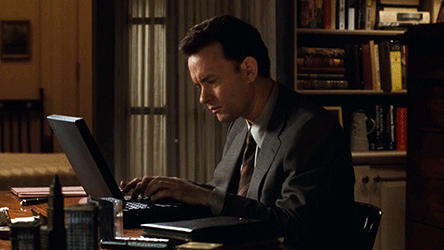
I don’t believe Three Billboards is solely about Dixon, surmising so would sell it short. The film is about finding the killer of a daughter, a girl who was raped and murdered. It’s about cold cases, a mother’s pain and determination, and says something about small town dynamics when a murder is committed. Dixon says nothing of these themes. Nevertheless, as the film progresses he takes on more prominence. And while he isn’t a central theme, he becomes an unavoidable character by film’s end. In fact, by the film’s conclusion we’re meant to forget that Dixon is/was racist, homophobic, and violent, and cheer his vicious tendencies as he becomes a vigilante. The audience is put in a position to cheer because the character is initially represented as a dimwitted bad boy.
The softening of a vitriolic character is more than troubling, it’s irresponsible and foolhardy, especially when it’s hastily accomplished.
Furthermore, the singular question when confronting Dixon’s character is: How much should this affect our enjoyment of the film, and more importantly, the quality?
I’m weary of making the case that a troubling character should reduce the caliber of a film. That claim would be shortsighted, as there are so many working parts, people, and portions of a movie that make it successful. Hence, the quality of character does not affect a purposeful edit, nor wonderful cinematography. Three Billboards has so many great components, it’s benighted to say otherwise.
However, “properly” sketching a character is a sign of good screenwriting and a key building block in act creation, depending on the size of the role. Dixon occupies a notable portion of the third and final acts. Some people would classify Dixon’s “redemptive” arc as “character development,” and they would be right to do so. But not all character development is good development. In fact, Dixon’s could be classified as bad.

In every film there’s a suspension of disbelief, or a buying in of genre conventions. We never question two people getting together over the course of an hour and a half in a romcom because that’s a genre convention. However, switching from being an abusive cop who throws a homosexual male out of a window, or beats up a black suspect, while displaying questionable racial tendencies, isn’t a rapid change.
However, some would make the argument that the letter from Woody Harrelson’s character is an awakening for Dixon, but that still feels flimsy. This is a man who’s essentially grown up in institutionalized racism and homophobia because of a mother who has baited these tendencies. Maybe if this development of remorsefulness had begun earlier, then there could have been added evidence and texture given to this character. But to expect that kind of person to undo years of hate isn’t character development, it’s wishful thinking.
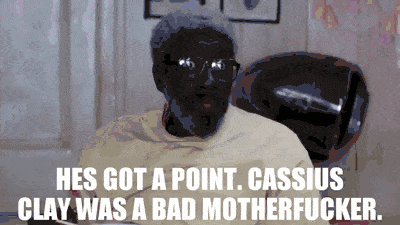
Dixon’s redemptive arc isn’t just emblematic of that person, like a virus, it infects the quality of the third and final acts causing a systemic failure. That is to say, expecting others to get over one character, is really asking them to get over a third of the film.
Furthermore, I’m not proclaiming that Rockwell or McDormand should give back their Golden Globes, or that they’re undeserving. They’re both fantastic actors (and I’m especially happy that Rockwell is receiving deserved recognition for a solid career as a character actor). Nevertheless, while the performance is separate from the morality of the character, the story isn’t. And at some point, troubling aspects of the story have to come to bear.
Lately, Twitter has turned into another parade of slogans like, “Haters back off.” It’s also turned into Three Billboards lovers expounding that they’ve heard the arguments against the film, admitting those arguments have merits, but still loving it. That view isn’t wholly unreasonable. We like what we like. However, some defenders are the same people who retweet any post remotely justifying the film, while never retweeting a view that supports the other side, which tells me that if they truly understood those counterarguments they would be more reticent to solely retweet supportive views, but I’m probably digressing.
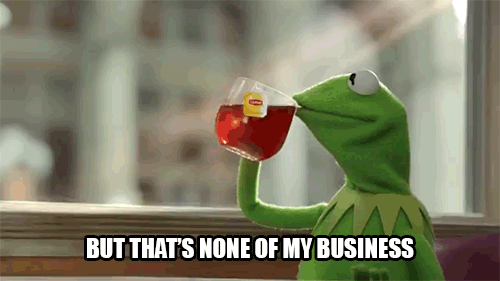
Actually, I’m not digressing. If you’re a person who understands those counterarguments, and are open to their merit, then you’re not continually retweeting support for a film that clearly makes others uncomfortable, you’re not brushing arguments aside for better character development, and you’re definitely not calling anyone who’s disagreeing with you a “hater,” which only feeds into the same cycle that many claim to despise.
As I said, I don’t believe Three Billboards is a bad film. There are some wonderful components to it. However, I do believe that the “Dixon problem” isn’t one that can be ignored. It is an issue that does affect the quality of the overall film. Maybe one can solely get enjoyment from editing, acting, cinematography, camera movement, and there’s certainly a case to be made for that, but at some point, the film has to challenge you, and it has to say something about you.
Quite honestly, Three Billboards says nothing about me, may be it does for others, but not for me. In fact, it says all the worst things about me. It says that those who beat and despise me can be forgiven or even cheered for. Would we be so forgiving of Dixon if he were say, a rapist (obviously it would be weird for him to be a rapist, considering the unsolved murder is of a rape victim)? In today’s climate, we’d probably put a medal on him. Here, we nearly give him two.
Yes, the world, and people, are more than just good and bad. But Dixon isn’t just a bad guy who does one “good” thing, he’s a bad guy who gets his slate wiped clean. And in the larger context of the film, it’s wiped too quickly, signally poor character and act development.
You can choose to love the film, there are comprehensive arguments that can be made for liking it, but understand that it does make some people uncomfortable for valid reasons, racially and artistically. And if you’re going to say that you understand that it does, then let it show in your actions, not just your words.
Follow 812filmreviews on Twitter and Facebook!
twitter.com/812filmreviews.com
https://www.facebook.com/812filmreviews/
Photo Credit: USAToday
Share this:
